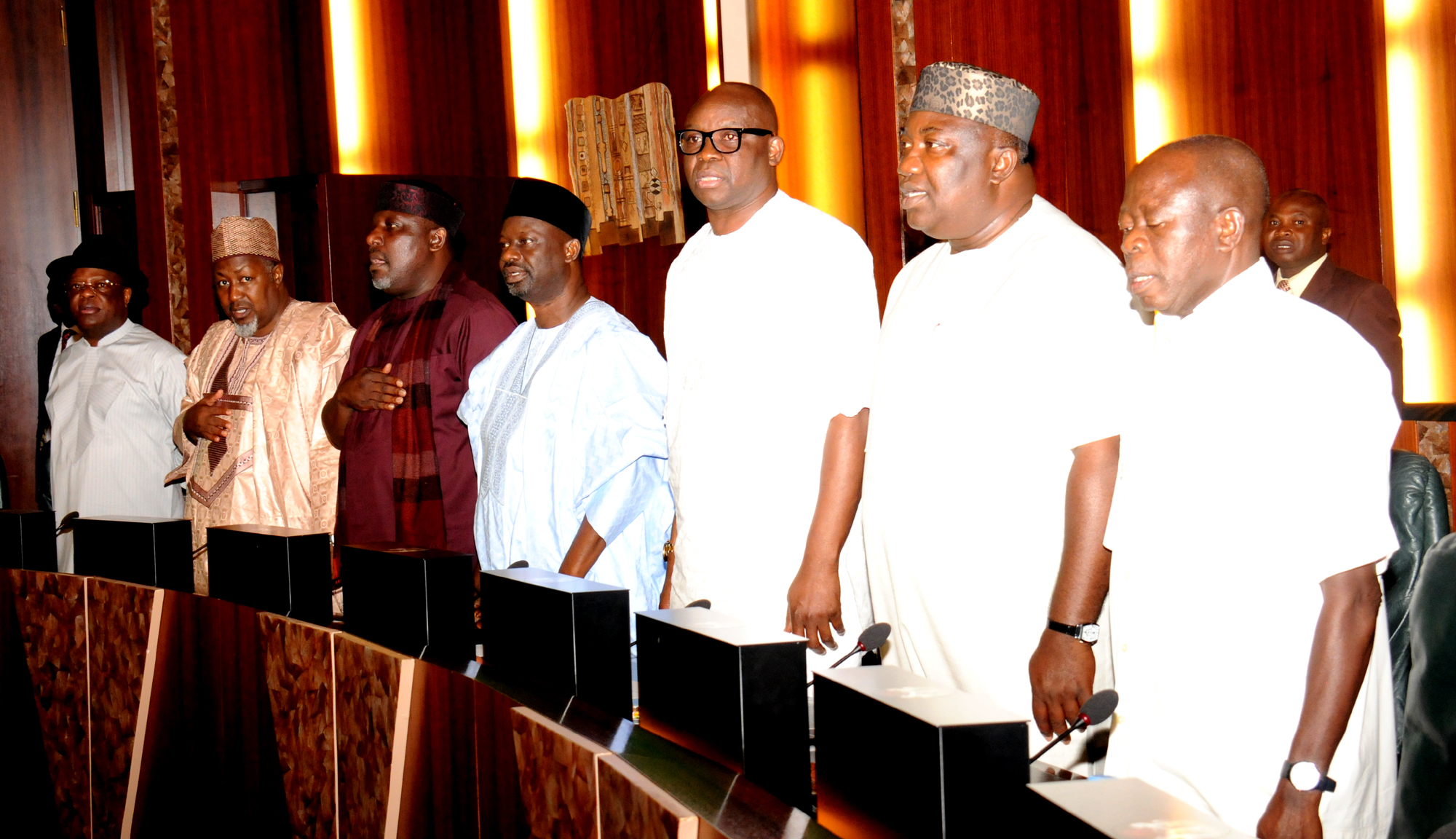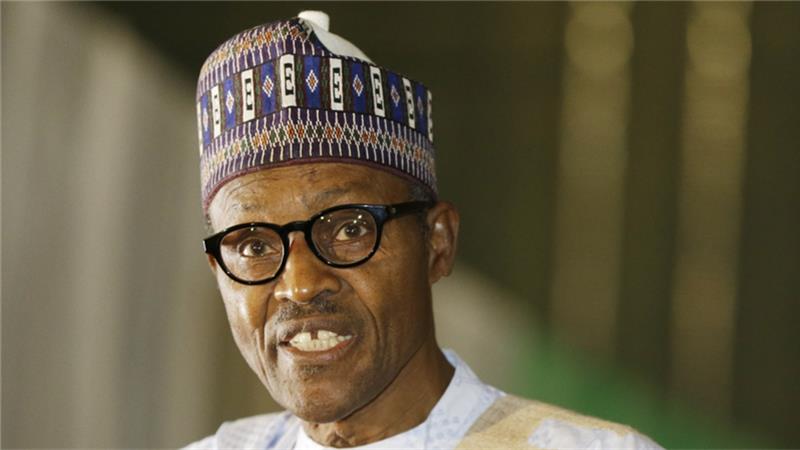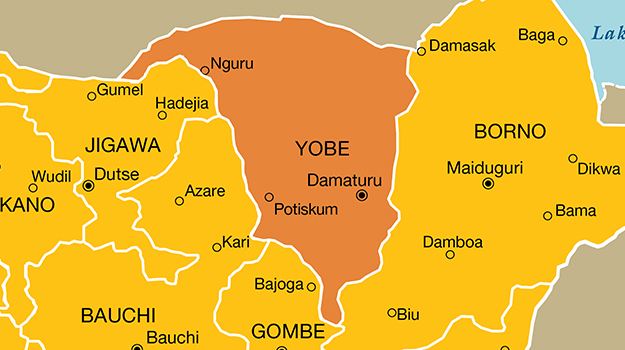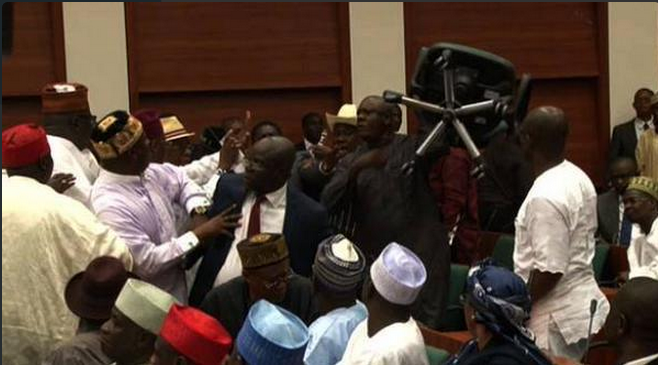The federal government should consider issuing bonds to raise the needed funds to settle salary arrears and clear outstanding fuel subsidy payments, the APC transition committee has recommended.
Although this is going to increase the debt burden of the federal government, the inherited salary and subsidy arrears are viewed by the committee as “short-term liabilities” which should be addressed by President Muhammadu Buhari to avoid “civil unrest”.
Federal workers are owed over N400 billion in salary arrears while oil marketers are making claims in excess of N200 billion following a cut in the pump price of petrol as well as the devaluation of the naira before Buhari was inaugurated on May 29.
The Ahmed Joda-led transition committee, whose report is currently being studied by Buhari and is expected to influence his policies, advised the federal government to fully guarantee the bond issue — effectively placing the risk on Abuja rather than the states.
Advertisement
As many as 20 states are currently unable to pay salaries mainly because of a drop in federally allocated revenue as a result of falling crude oil prices.
States are also to benefit from the bond issue to clear the backlog of salaries, the committee proposed in the report seen by TheCable.
Many of them also have what many analysts consider to be an over-bloated work force meant to serve political purposes rather than out of necessity.
Advertisement
The Joda committee said that in bailing out the states from their economic hardship, “it is important that strict conditionalities be applied”.
These include: no increases in headcount while any borrowing remains in place; commitment to biometric capture and fully automated payroll management within 6-9 months; commitment to improvements in collection of internally generated revenue (IGR); and establishment of a mechanism to mitigate risk of diversion of funds.
The committee also advised the federal government to raise funds by blocking “leaks” in the system through the enforcement of the Fiscal Responsibility Act (FRA) across all ministries, departments and agencies (MDAs).
Under FRA, all revenue-generating MDAs are allowed to retain only 20% of proceeds to meet operational expenses, with the 80% balance being returned to the federation account.
Advertisement
The advisory committee, which submitted its final report and an 800-page summary to Buhari on June 12, further suggested that leaks can be “mitigated” through the implementation of the Treasury Single Account (TSA).
TSA was set up by the Goodluck Jonathan administration to consolidate all information on revenue accruing to the government for proper monitoring of the cash position.
The committee said although funds from the excess crude account (ECA) can be used to meet part of the liabilities, it could have an adverse effect on Nigeria’s credit rating, which could in turn affect the country’s financial sector as well as the prospects of foreign investment.
Governors, who are agitating for a “bail out” package to meet immediate obligations, will meet with Buhari on Tuesday to discuss the proposal — even though the federal government itself is saddled with debts estimated at trillions of naira.
Advertisement
It is not yet clear if Buhari will implement the recommendations of the transition committee.
Advertisement
1 comments







Please Mr.President,do not borrow money to pay salaries.That is the easy way but unpalatable.Your team must be creative and think out of the box. By the way,give every person who knows he or she fleeced this country in any form or shape to return their loot within 3 months after which you go after them.This way,some bucks can be raised in the short term.